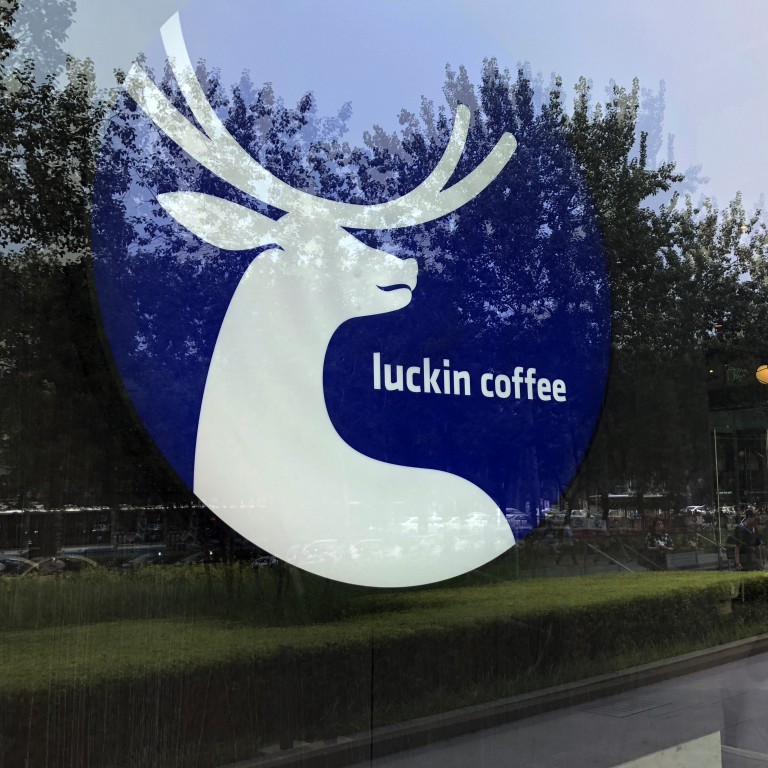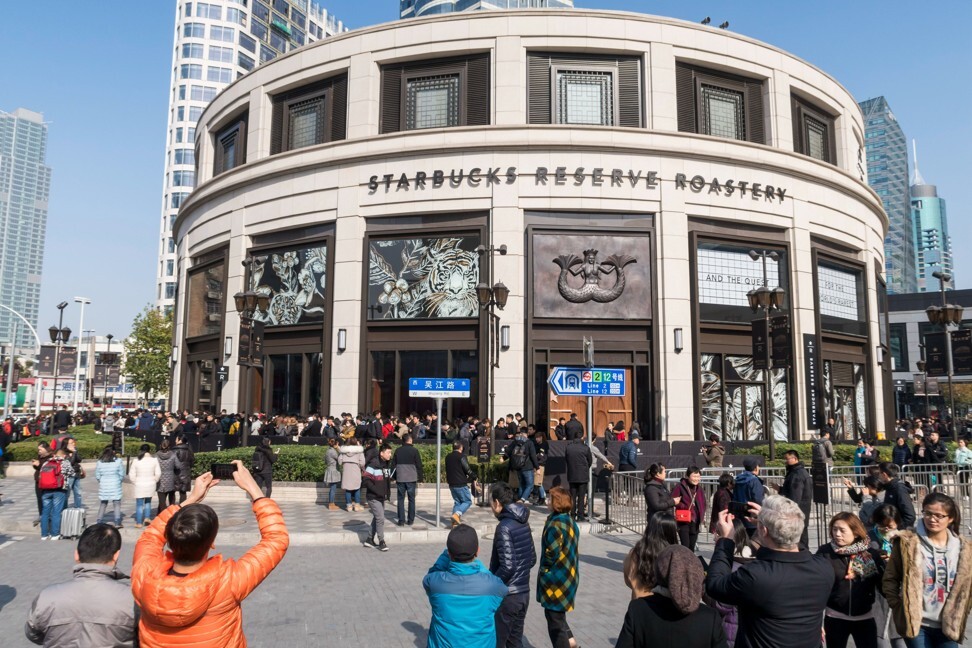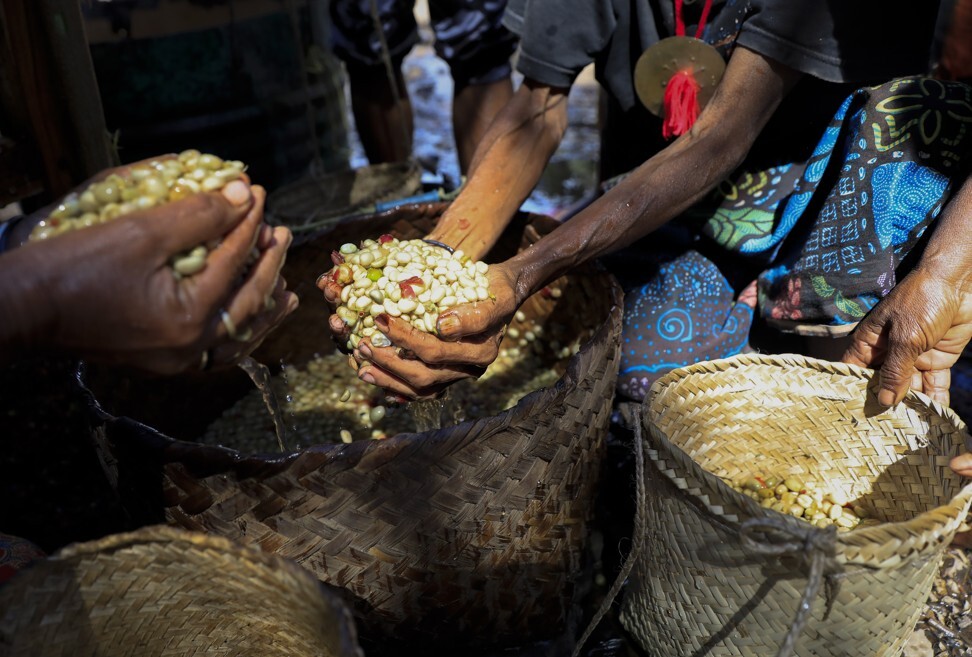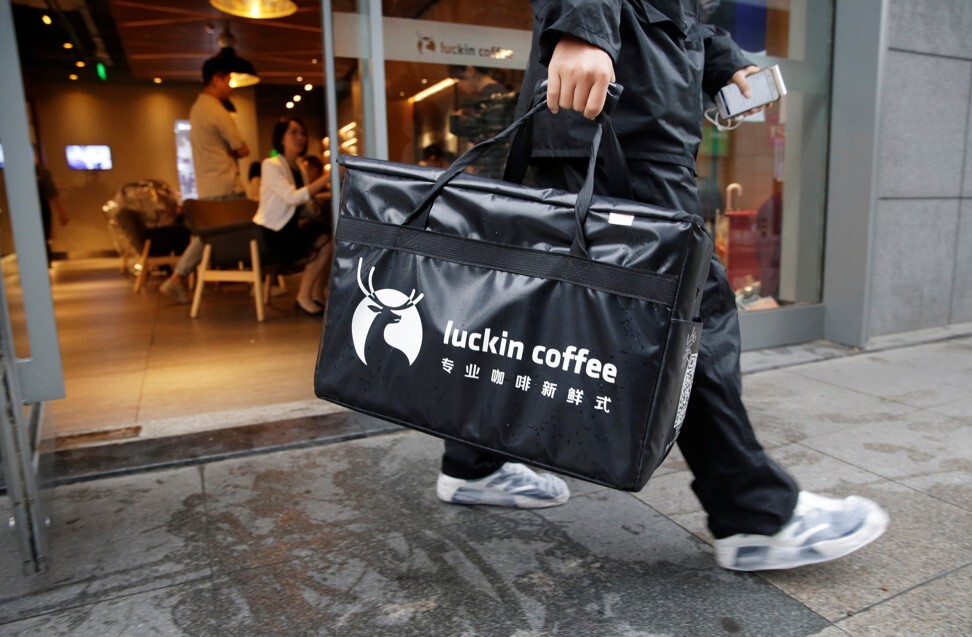
Luckin Coffee fraud is a cautionary tale for investors and US regulators
- In an industry that has its fair share of naive investors and con artists, the improbability of Luckin’s claims and business model should have been easy to spot
- Luckin’s fraud could not have come at a worse time for China’s honest businesspeople
“One man’s trash is another man’s treasure.”
In the middle of a career in professional services, I spent a decade as founder and CEO of a speciality coffee chain in Asia. A green coffee broker once used the pithy line above, as colleagues and I “cupped” samples of his coffees. I really liked one of them; a colleague thought it tasted bad.
It’s hard to imagine an industry more densely populated with an incongruous blend of naive coffee lovers and bullshit artists than speciality coffee. I met plenty of both in my years in the industry. I’d say about a dozen claimed to be “No 2 to Starbucks”, even though they only had hundreds of outlets and Starbucks had 10,000 plus by 2005.
And almost all claimed to be superior to Starbucks in some way. “We’ve got better coffee,” was a common refrain, as if that was enough to succeed in the cutthroat, fragmented coffee industry.

Luckin’s conceit was that it was going to have more stores in China than Starbucks – a lot more, and soon. Which, by 2020, it did. But it was somehow going to transform coffee into a tech business. Which it didn’t.
Not a few suckers bought the tech story, and the stock.
Luckin’s prospectus opens with a summary that reads like a thesaurus of management and coffee industry buzzwords. Its talk about its competitive edge in the coffee industry inspires little confidence that it gets it. “We source premium Arabica coffee beans from prominent suppliers and engage World Barista Champion teams to design our coffee recipes.”
The prominence of a supplier has little to do with the quality of the coffees it sells. The best coffees usually come in small lots and are fought over fiercely by brokers small and large.
The vast majority of coffee beverages sold in cafes worldwide are age-old, hot and iced combinations of coffee, milk and chocolate. If your coffee is made from fresh beans, it’ll taste good. If it’s not, add sugar.

But more troubling than Luckin’s superficial blather about the coffee industry was that coffee was second to tech in the company’s business plan. Tech was “at the core of our business”.
Luckin claimed to be “disrupting” the coffee industry by “[leveraging] big data analytics and AI” to build a “new retail model”. In reality, tech mostly seems to have been an efficient way to give away free coffee to millions of customers who downloaded their app. Luckin bragged in the prospectus about having a 54 per cent “customer repurchase rate” – not impressive in the speciality coffee industry – which means almost half of those who tried its coffee never came back.
Why the MTR and recycling are the real sharing economy, not Uber and Airbnb
Luckin’s breakneck growth and pricing strategy were also at odds with its claim to be “focusing on providing high-quality coffee items” – and achieving profitability.
It’s virtually impossible to focus on quality when you’re opening over 4,000 stores in a little over two years. It’s also virtually impossible to sell quality coffee at a profit when, as one of Luckin’s executives told CNBC, “the price point that we’re looking at is going to be maybe half of the price point from some of our competitors, including Starbucks”.
But perhaps the most absurd claim in Luckin’s prospectus was the one made at the macro level. Citing a market research report it commissioned, Luckin noted that per capita coffee consumption in China in 2018 was a minuscule 6.2 cups and held out “other developed countries and regions in Asia” as examples of the possible: Taiwan (209 cups per capita), Hong Kong (249), Japan (279), the US (388), and Germany (867).
These comparisons are ludicrous. China has a billion people who live on US$10 a day or less. The only time they’re going to pop into a Luckin store will be to pick up their free Joe.

Too little, too late for Luckin’s burnt investors. But one man’s trash is another man’s treasure. Those who figured out the con and shorted Luckin’s shares before they tanked give the saying a whole new meaning.
Robert Boxwell is director of the consultancy Opera Advisors

